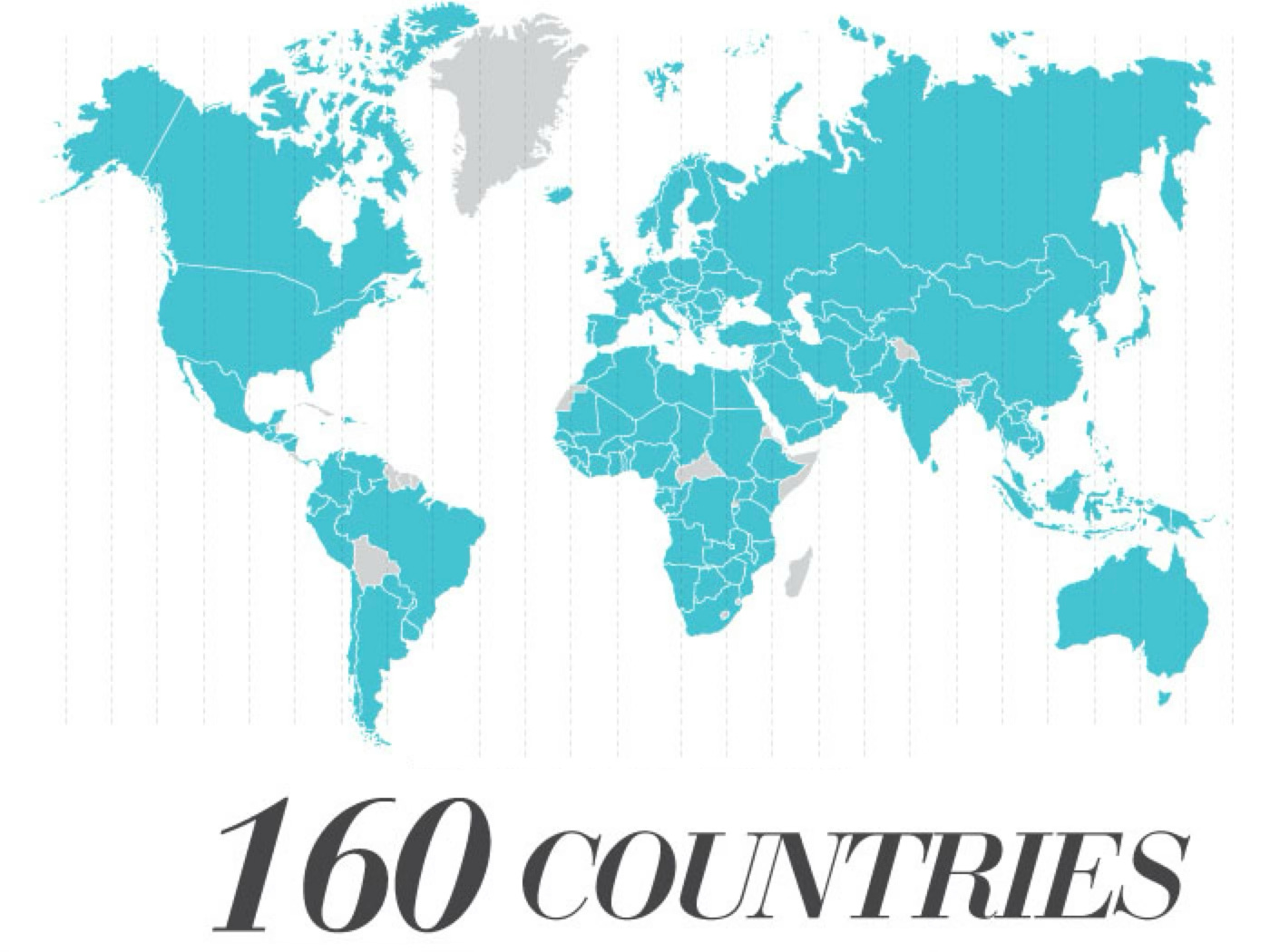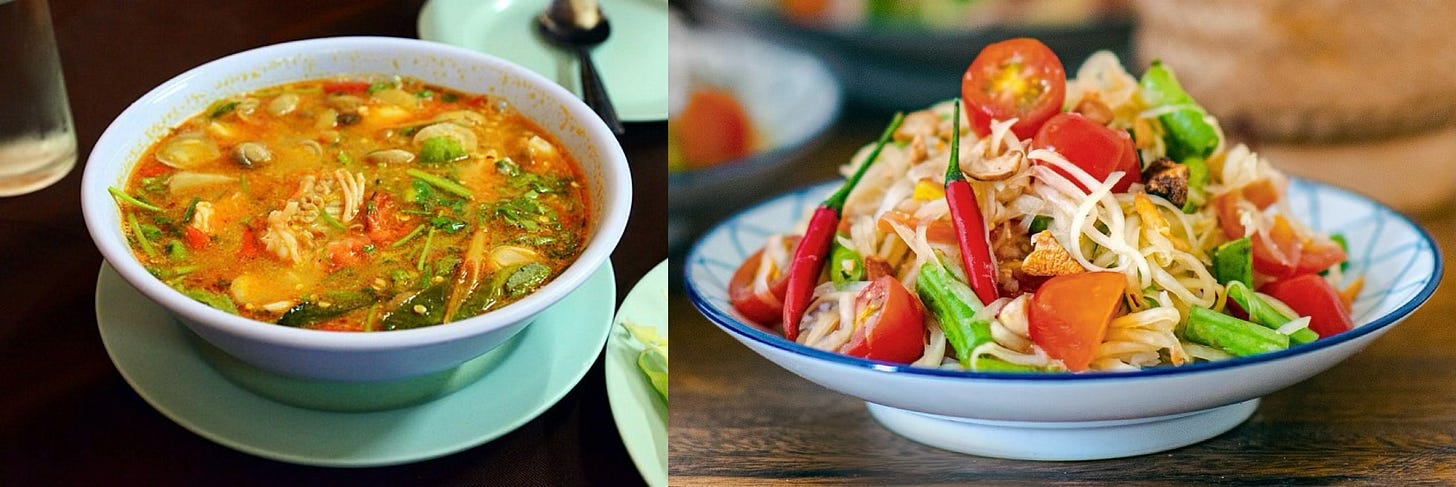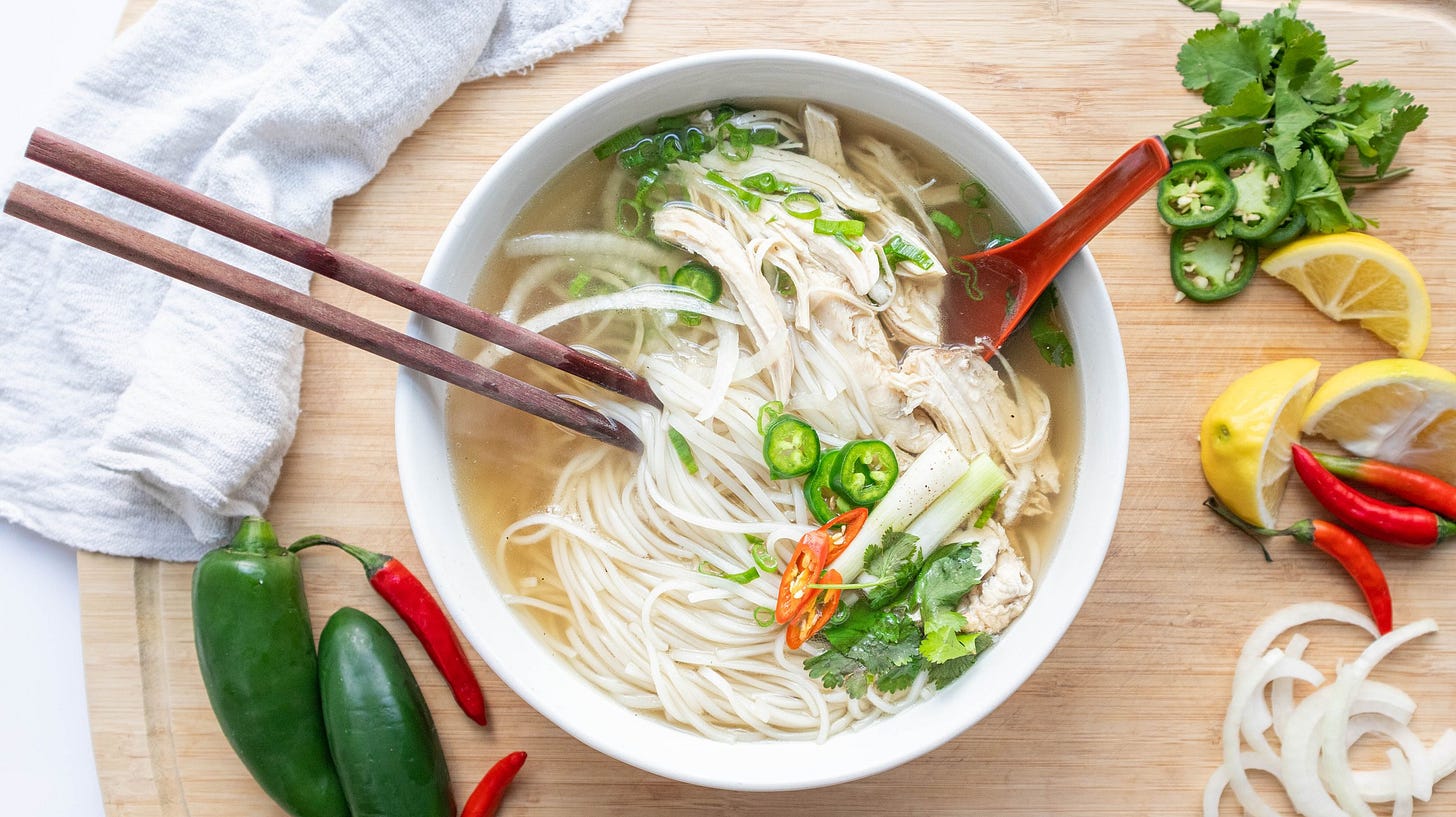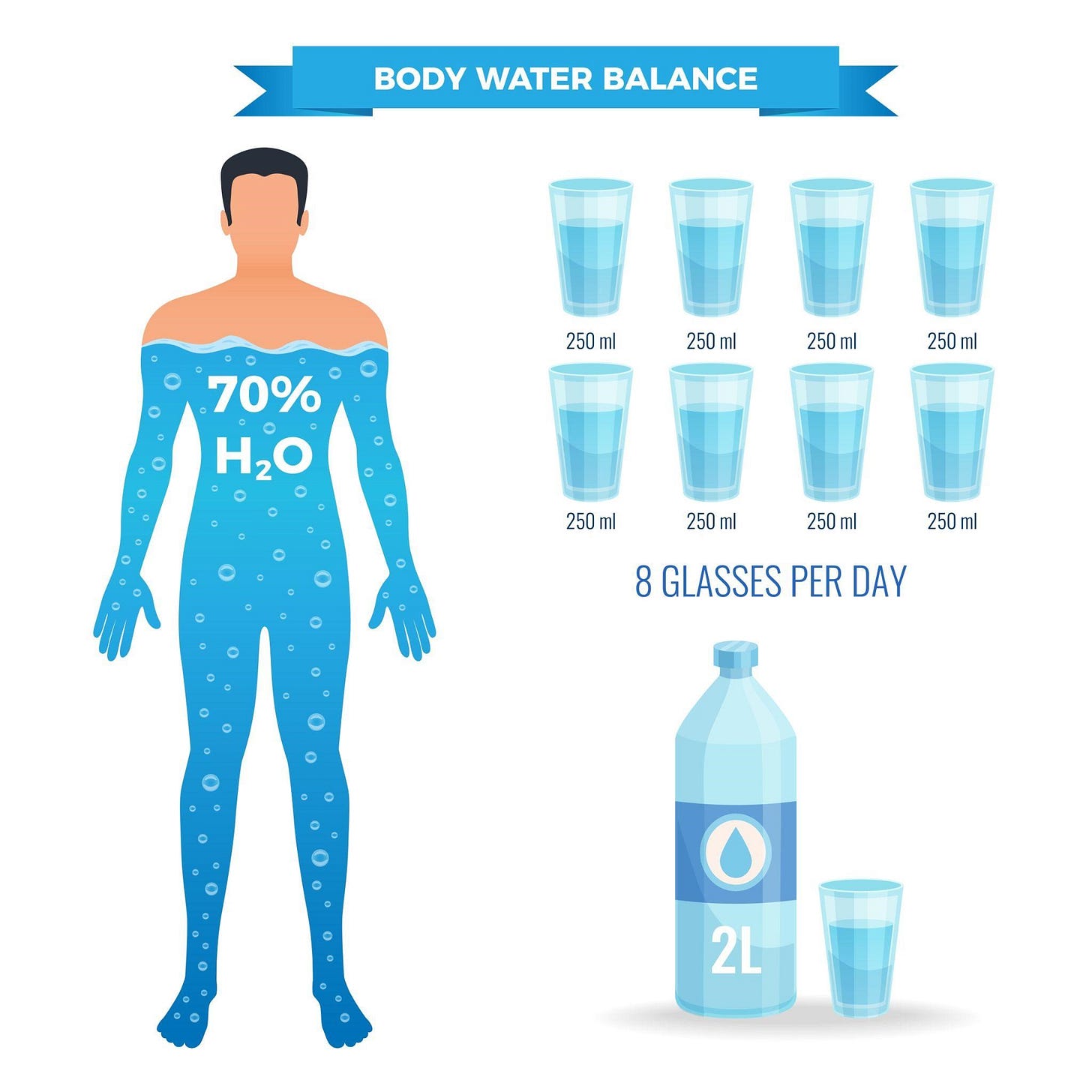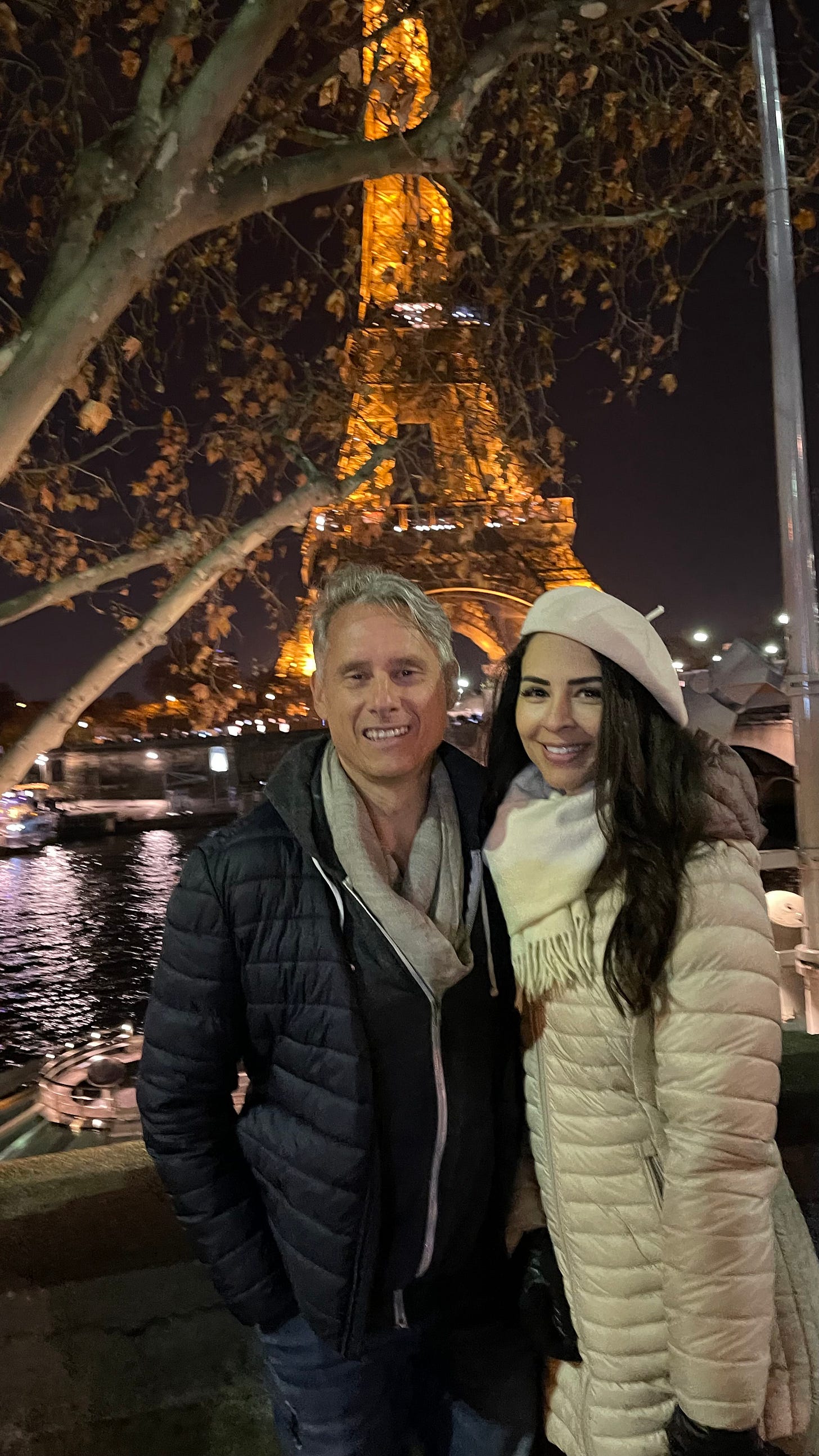Traveling is a beautiful contradiction: it's about breaking out of routines while also needing a few of them to survive. There’s something exhilarating about stepping off a plane in a new city, your senses buzzing, the thrill of the unknown dancing around you. I’ve traveled to over 160 different countries, lived in over 15, and currently call Bangkok, Thailand, home. But let's be real—all that excitement can be just as taxing on your health as it is on your wallet if you’re not paying attention.
Maintaining a healthy lifestyle while globetrotting doesn’t have to be a grim slog through kale salads and early bedtimes. It’s all about a balance—knowing when to embrace the chaos and when to reel it in. Here’s a wired, real-world approach to staying fit, eating well, and dodging the common pitfalls of international travel without sacrificing the joy of exploration.
1. Eat with Intention, Not Restriction
Healthy eating when traveling doesn’t mean depriving yourself of the local delights. It’s not about saying no to that steaming bowl of ramen in Tokyo or skipping the pasta in Rome. It’s about making intentional choices. Be curious—research the cuisine before you go. There’s a lot more to Thailand than fried spring rolls; look for dishes like “Tom Yum” soup or “Som Tum” (green papaya salad) that are vibrant, flavorful, and loaded with fresh ingredients.
For example, when I was in Vietnam, I learned about the nutritional benefits of “pho ga” (chicken noodle soup) which is loaded with herbs like cilantro and basil—both great for your immune system. Researching these kinds of dishes helps you find local meals that are healthy and delicious.
Keep snacks handy. If there’s one constant in travel, it’s unpredictability—and that includes meal times. Pack nuts, dried fruit, or a protein bar to keep your energy up when things don’t go according to plan. When I was hiking in Andes Mountains in Peru, I kept a stash of almonds and dried apricots in my backpack. That saved me on more than one occasion when there was no food in sight for hours.
According to a survey by Booking.com, 61% of travelers admit they indulge in less healthy foods while traveling. Keeping healthier snacks on hand helps balance those indulgent moments.
2. Hydrate Like Your Life Depends on It (Because It Kind of Does)
Let’s address the simplest and most overlooked part of staying healthy: hydration. Air travel, change in climates, and the sheer amount of moving around all play havoc with your water levels. Stick to bottled or filtered water if you’re unsure about the local tap. In India, for instance, I always opt for bottled water—even when brushing my teeth—to avoid any potential risks. It’s a small action that makes a big difference.
It's easy to let hydration slip when you’re busy chasing experiences, but keeping a water bottle with you will do wonders—for your skin, your energy levels, and your immune system. A study by the University of Connecticut found that even mild dehydration can impair mood and energy levels, both of which are crucial when you’re navigating a new city.
And for those cocktails by the beach or rooftop bar—moderation is your ally. Alcohol dehydrates and disrupts your sleep cycle, so match every drink with a glass of water. In Barcelona, I loved sipping on sangria, but I made sure to drink a glass of water after each one. Trust me, your body will thank you.
3. Walk It Off (and Work It Out, Wherever You Are)
The best way to see any city is on foot. Not only are you absorbing more of the local culture, but you’re also sneaking in a workout. Walkin
g is your secret weapon—it’s exercise without “exercising.” Want to feel good while exploring Paris? Walk from Notre Dame to the Eiffel Tower. It’s about a 4-mile trek, and you’ll pass by the Louvre and the Seine River—no treadmill view can compete with that.
In Tokyo, I walked an average of 15,000 steps per day while exploring different neighborhoods—Shibuya, Shinjuku, and Harajuku. According to the Mayo Clinic, walking at least 10,000 steps a day can significantly improve cardiovascular health, so it’s a win-win.
When you’re staying at a hotel, get savvy about using their gym. A 30-minute burst of cardio or a quick bodyweight circuit can do wonders, especially after a long flight. Alternatively, if gyms aren’t your thing, use a fitness app for an in-room workout—squats, push-ups, planks—simple moves that keep you feeling agile. Once, during a stay in a small hotel in rural Italy, I found myself using a chair for tricep dips and doing squats while watching the sun rise over the vineyards.
4. Street Food Smart, Not Street Food Sorry
Street food is where culture lives and breathes. But it’s also where a few unwary travelers meet their digestive doom. To avoid regretting that night market adventure, make sure to go for busy stalls with high turnover. The more people lining up, the fresher the food, and generally, the safer it will be.
In Bangkok, for instance, I always look for street vendors that have locals lining up. There’s a vendor near Chatuchak Market that sells grilled chicken skewers—I’ve seen locals flock to it, and I’ve never had an issue. According to the World Health Organization (WHO), eating food that has been freshly cooked and served hot reduces the risk of foodborne illnesses significantly.
Avoid anything raw unless you’re confident in its safety. Sushi-grade fish from a reputable restaurant? Sure. That shrimp cocktail sitting in the sun for who-knows-how-long? Probably best to pass.
5. Keep Stress Low and Immunity High
Traveling can be thrilling but also exhausting, and stress can sneak up on you. Good rest isn’t a luxury—it’s a necessity. When I flew from Los Angeles to Tokyo, I used a combination of melatonin and a sleep mask to sync my sleep schedule with the local time zone and avoid jet lag. Studies show that good sleep is critical for maintaining a strong immune system, and a rested body is far better equipped to handle the physical stress of travel.
And don’t underestimate your gut health—it’s a big part of your immune system. Consider taking probiotics to keep things balanced, especially if you’re sampling lots of new foods. I started taking a daily probiotic when I spent several months in Bali, and it made a huge difference in how my stomach handled all the delicious but unfamiliar foods. According to a study published in Frontiers in Microbiology, probiotics can help reduce the incidence of traveler’s diarrhea by up to 42%.
6. Know When to Indulge (and When to Pull Back)
The key to staying healthy on the road is understanding that indulgence isn’t the enemy—excess is. Enjoy the decadent dessert and savor the rich, creamy local specialty—just don’t do it three times a day, every day. In France, I couldn’t resist the croissants and cheese, but I balanced those rich treats with fresh salads and friuts from the morning markets and lots of walking.
Listen to your body. If you had a heavy dinner, maybe opt for a lighter breakfast. If you spent the afternoon indulging in craft beers, take a nice long walk afterward. It’s a give-and-take game, not a battle of deprivation versus indulgence. According to a study by Cornell University, people who allowed themselves to enjoy indulgent foods in moderation were more likely to maintain a balanced diet overall.
7. Stay Connected to Your Routine
Finally, staying healthy while traveling means staying connected to the habits that keep you grounded. Whether it’s a morning meditation, stretching, journaling, or just taking five minutes to breathe deeply, hold on to those little rituals. They’re your lifeline when everything else is in flux.
For example, when I was in Nepal, I made sure to start my mornings with a 10-minute meditation, even if it meant sitting on the floor of my hotel room. It helped me feel centered and ready for the day. Studies show that maintaining routines during travel helps reduce stress and improves overall well-being.
Traveling isn’t about avoiding every “bad” thing. It’s about not letting the “bad” stuff define your experience. With some mindful choices, you can have your cake (sometimes literally) and stay healthy too—enjoying the world without feeling like you’re compromising your health or your fun.
After all, the best journeys aren’t just the ones that look good on Instagram—they’re the ones where you feel incredible every step of the way.





